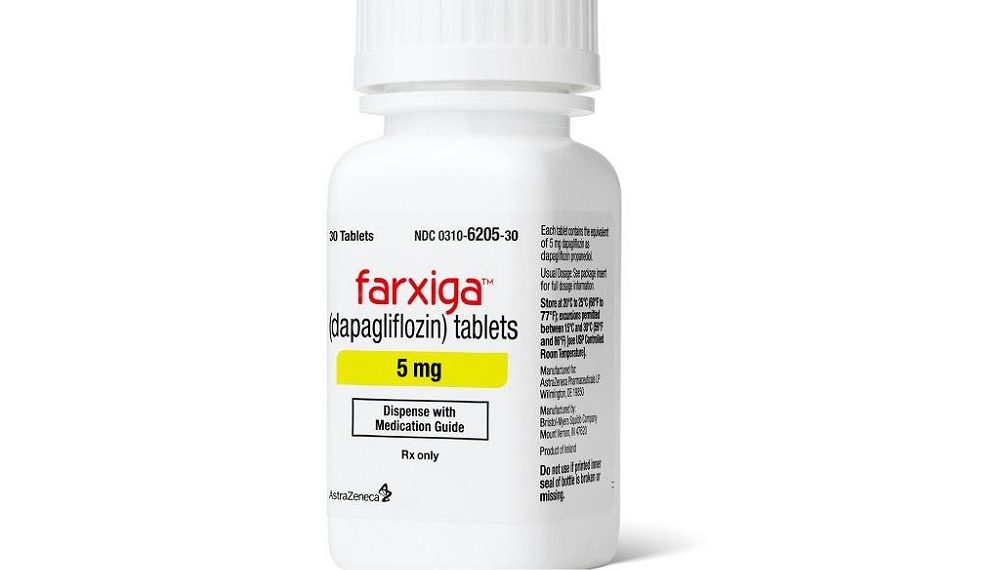AstraZeneca’s heart failure drug Farxiga has picked up a US FDA fast-track designation (FTD) in another indication as it continues to strengthen its position in an increasingly competitive market.
Farxiga (dapagliflozin), sold under the brand name Forxiga in the UK, has scored a fast-track designation and is aiming for approval to reduce the risk of hospitalisation for heart failure or cardiovascular death in adult following an acute myocardial infarction or heart attack.
With the FDA designation in hand, AZ will be able to accelerate the research of Farxiga in this patient population. In addition to the FTD, the FDA also recently granted special protocol assessment (SPA) agreement to AZ’s DAPA-MI trial.
The DAPA-MI trial plans to integrate routine care and registries with the requirements of a placebo-controlled, randomised clinical trial. It will allow patients and clinicians participating in registries to join the trial and integrate it within their routine clinical practice, and will enrol around 6,400 patients who will receive either Farxiga 10mg once daily or placebo. AZ plans t begin recruiting participants in the fourth quarter of this year.
“The phase 2 DAPA-MI trial is the first indication-seeking registry-based randomised controlled trial which will provide quicker access to data and reduce recruitment time and cost, while minimising patient and investigator burden,” said Mene Pangalos, executive vice president, BioPharmaceuticals R&D at AZ.
In May, the FDA approved Farxiga to reduce the risk of cardiovascular death and hospitalisation for heart failure in adults with HF (NYHA class II-IV) with reduced ejection fraction (HFrEF), with and without type two diabetes.
As AZ continues to stack up new indications for Farxiga, the drug continues to grow at an exponential rate, bringing in an impressive $1.5bn in 2019. That’s an increase of 14% at a constant exchange rate, thanks mostly to sales increases in emerging markets including China.
In addition to Farxiga, AZ also has Brilinta (ticagrelor) in its cardiovascular, renal and metabolism (CVRM) franchise, which is approved for the treatment of acute coronary syndrome (ACS) and for the secondary prevention of cardiovascular events among high-risk patients who have experienced a heart attack.
The drug also recently demonstrated impressive results in the phase 3 stroke prevention THALES trial, in which treatment with Brilinta reduced the rate of stroke and death by 17% in patients who had previously experienced a minor acute ischaemic stroke or high-risk transient ischaemic attack (TIA).



















